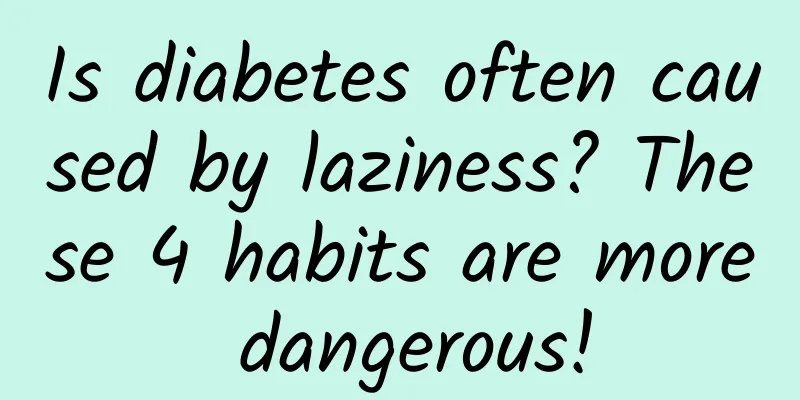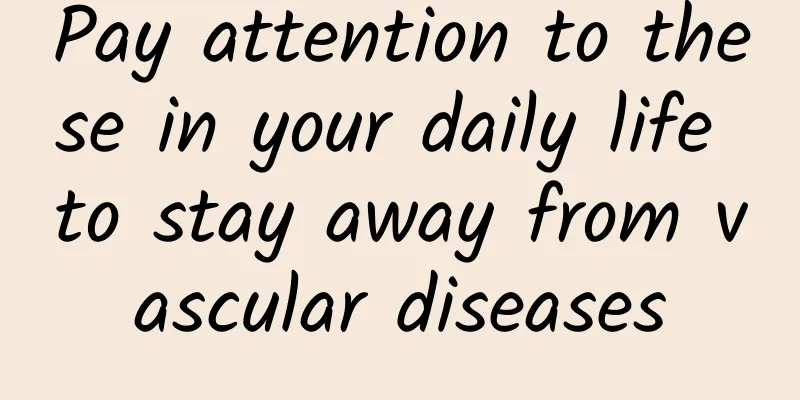[North Xinjiang science experts say: Not that safe] Hidden risks of zinc gluconate
![[North Xinjiang science experts say: Not that safe] Hidden risks of zinc gluconate](/upload/images/67f1574f64288.webp)
|
Zinc gluconate is a common zinc supplement, mainly used to treat and prevent zinc deficiency and its related symptoms. Zinc is a trace element that is essential to the human body and is involved in a variety of physiological processes, including enzyme activity, immune system function, cell growth and development, etc. Zinc gluconate is usually used to promote digestion, improve appetite, improve sleep, and increase sperm motility. However, more and more parents are giving their children or family members too much zinc supplements. Excessive supplementation of zinc gluconate may lead to some adverse reactions and health problems. Although zinc is an essential trace element, excessive intake can also have adverse effects on health. Here are some possible problems with overdosing on zinc gluconate: 1. Gastrointestinal discomfort: Excessive intake of zinc may cause digestive system symptoms such as nausea, vomiting, diarrhea, and abdominal pain. 2. Copper deficiency: Zinc and copper compete with each other in terms of absorption in the human body. Long-term excessive zinc supplementation may interfere with copper absorption, leading to copper deficiency, which in turn may cause anemia, nervous system problems, decreased immune function, and other problems. 3. Impaired immune function: Although zinc plays an important role in the immune system, excessive intake may suppress immune function and increase the risk of infection. 4. Metal ion imbalance: There is an interaction between the absorption and metabolism of zinc and other minerals (such as calcium, iron, magnesium, etc.). Excessive zinc supplementation may disturb the balance of these minerals and affect their normal functions. 5. Decreased ceruloplasmin levels: Ceruloplasmin is a plasma protein containing copper. Excessive zinc supplementation may lead to a decrease in ceruloplasmin levels, which may be an indicator of copper deficiency. 6. Zinc poisoning: In extreme cases, excessive zinc intake may lead to acute zinc poisoning, which manifests as severe gastrointestinal symptoms, metallic taste, stomatitis, rash, and even coma. 7. Long-term health risks: Long-term excessive zinc supplementation may increase the risk of chronic health problems such as cardiovascular disease, diabetes, etc. Table 1 Reference dietary zinc intake for Chinese residents (mg·d-1) Notes on zinc gluconate supplementation: - Zinc gluconate needs to be taken after meals to reduce irritation to the gastrointestinal tract. - For people who do not have symptoms of zinc deficiency, random supplementation is not recommended because the daily diet can usually provide enough zinc. - Pregnant women should supplement zinc under the guidance of a doctor, because food supplementation is the safest way. - It is not recommended to take it with milk as milk may affect the absorption of zinc. - Concurrent use with certain drugs (such as aluminum hydroxide, calcium carbonate, magnesium carbonate, tannic acid, etc.) may affect absorption and should be avoided. - Each bottle (10 ml) of zinc gluconate commonly found on the market contains 25 mg of zinc gluconate (equivalent to 5 mg of zinc), but when purchasing, you should also check the zinc content and then choose the dosage that suits your personal situation. Health is always our most precious wealth. When supplementing any nutrient, moderation is the key. Like many things in life, too much is as bad as too little. If you have any questions about zinc supplementation, or if you experience any discomfort during the supplementation process, remember to consult a doctor in time, who will provide you with professional guidance. At the same time, maintain a balanced diet and make rich foods your daily source of nutrition, so that you can enjoy delicious food while ensuring your health. May your life be filled with health and happiness! Contributor: Liu Yang, registered dietitian Unit: Department of Clinical Nutrition, Affiliated Hospital of Inner Mongolia Medical University |
<<: Soy product nutrition comparison! Tofu is not the first
>>: Stop playing with your phone before going to bed, or you might actually go blind...
Recommend
Will poor follicular development affect menstruation?
If a woman finds that her ovarian follicles are n...
Does irregular menstruation affect ovulation? Gynecologists answer
As we all know, women's ovulation is closely ...
What to do if you have small pimples on your face after pregnancy?
For female friends, acne and small pimples on the...
A woman drank this tea for 2 years and the lining of her large intestine turned black! Many people use it to treat constipation
Expert of this article: Zhao Weitong, attending p...
Dizziness during pregnancy
We all know that there are many pregnancy reactio...
How does sperm enter the uterus?
We all know that only when the female egg and the...
The downside of using baking soda to rinse your vagina
Baking soda is used to clean the private parts, m...
How to differentiate between premenstrual and pregnancy symptoms?
After having sex, some women are actually very wo...
Can azithromycin treat all pneumonia?
Since the beginning of winter, patients with Myco...
Picture of ringworm on female buttocks
Everyone knows that the skin on the buttocks is v...
How to blow your nose
This is the 3189th article of Da Yi Xiao Hu Every...
What medicine is good for women with cholecystitis
We often say, "Women are made of water."...
What is the best medicine for gynecological anti-inflammatory
Gynecological inflammation is also a gynecologica...
National Vascular Health Day丨Has the "source" of cerebral infarction been found? It may save millions of lives!
Expert of this article: Chen Sijiao, Chief Physic...
Causes of yellow urine
At present, many women are troubled by gynecologi...









